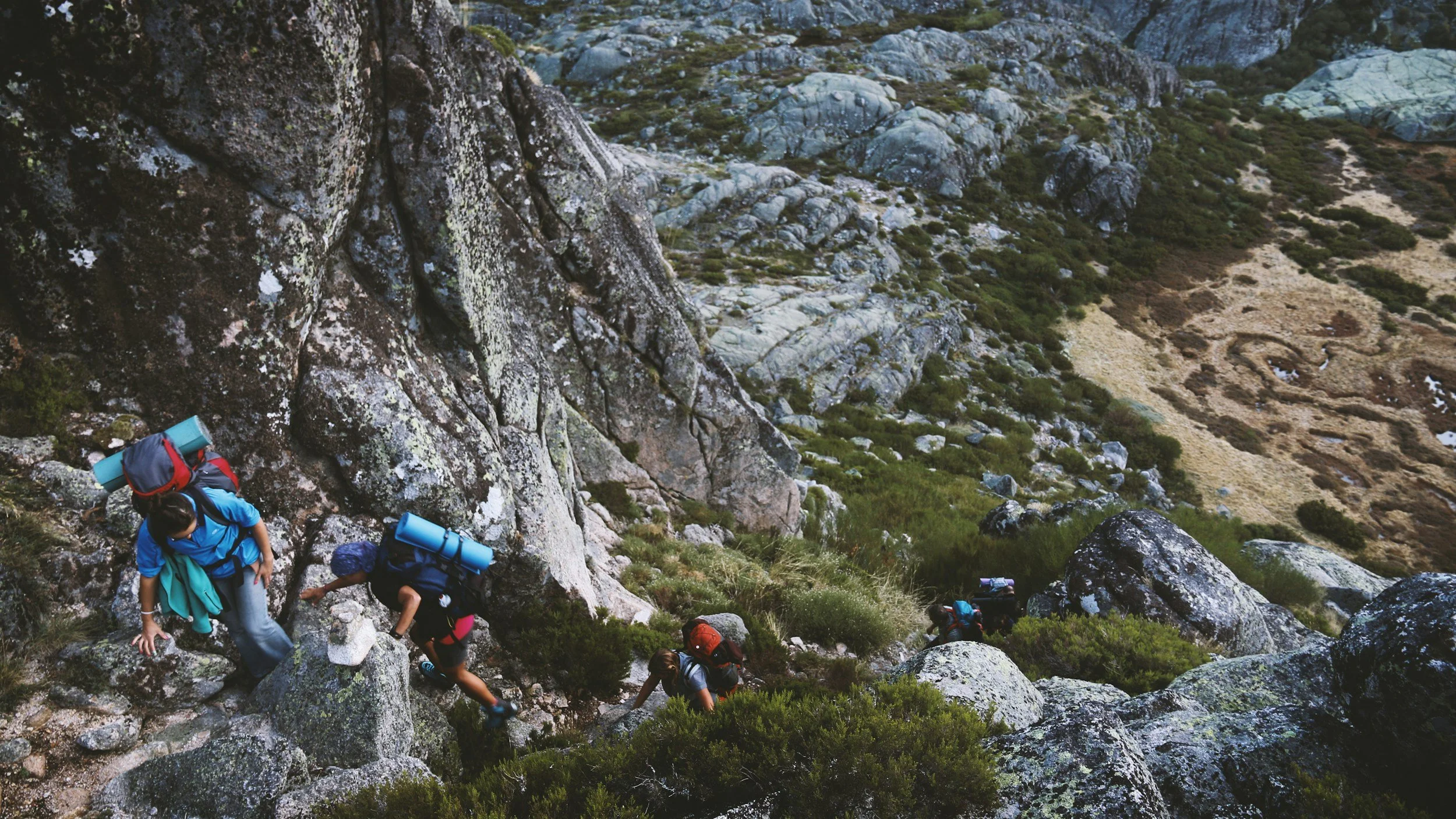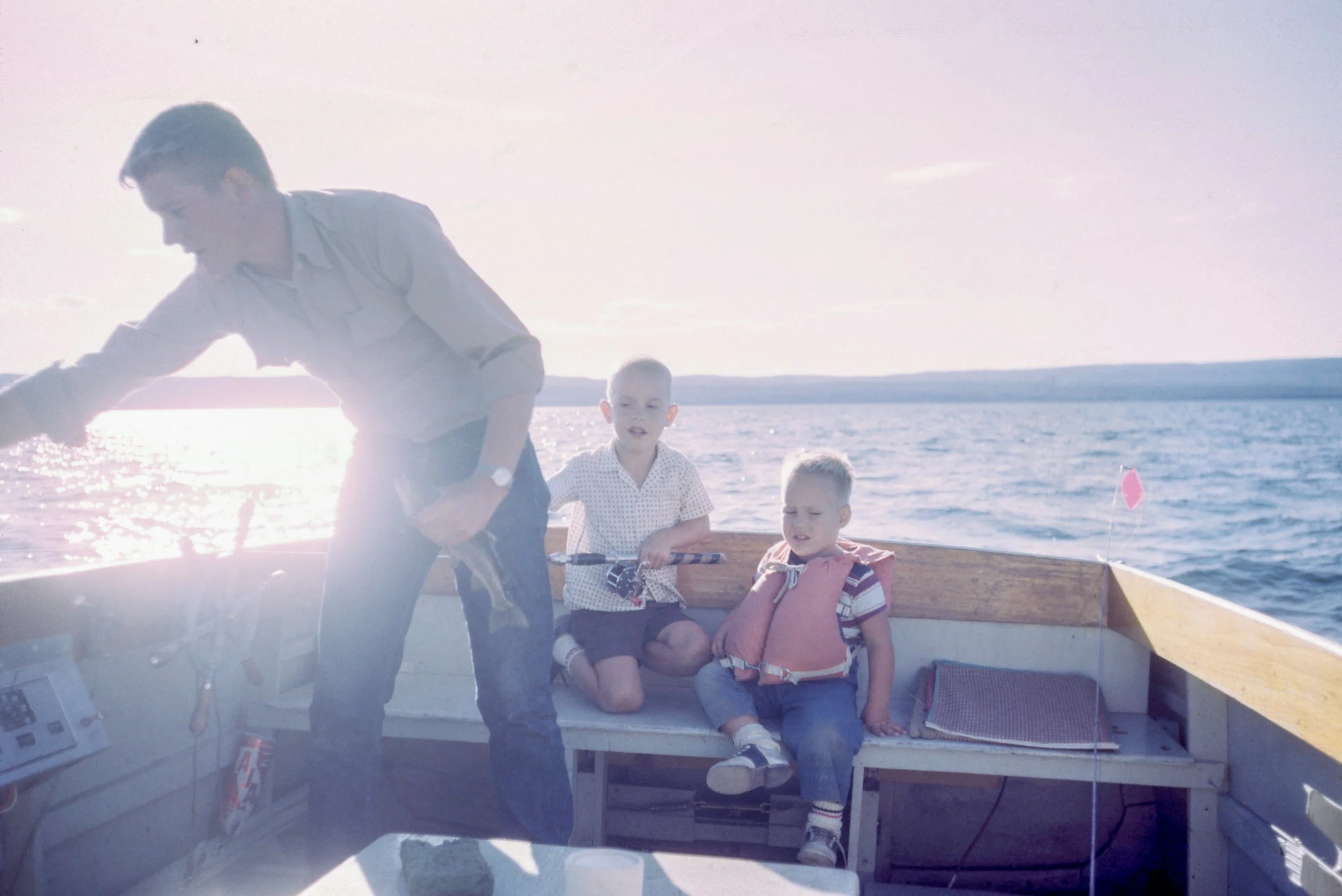What to Do If You’re Injured While Hiking on Vacation
Hiking is a fantastic way to explore nature and get some exercise while traveling, but it can come with risks. Injuries are not uncommon on the trail, especially if you’re hiking in unfamiliar terrain. Whether it’s a minor scrape or a more serious injury, knowing how to handle these situations is crucial. Here’s a comprehensive guide on what to do if you find yourself injured while hiking on vacation.
Assess the Injury
The first thing to do after an injury is to stop and assess the damage. Are you dealing with a minor cut, scrape, or bruise, or is it something more serious, like a sprained ankle, broken bone, or head injury? Knowing the severity of your injury will help determine your next steps. If you’re alone, it’s essential to stay calm and think through your situation carefully.
In some cases, injuries might seem minor initially but can worsen if left untreated. For example, a small cut can get infected if not cleaned properly, and a mild sprain can become a serious problem if you continue hiking on it.
Stay Calm and Call for Help if Necessary
If you’re dealing with a serious injury, like a broken bone or severe bleeding, it’s essential to stay calm. Panicking can make the situation worse, and it’s important to focus on what you can do to help yourself or others. If you’re carrying a phone or a GPS device, use it to call for emergency services. In many popular hiking destinations, there are rescue teams specifically trained to assist hikers in distress.
If you don’t have cell service and can’t move, it might be necessary to signal for help. A whistle, brightly colored clothing, or a reflective mirror can help alert others to your location. If you’re hiking with a group, have someone go ahead to get help, ensuring they provide rescuers with your exact location and details about your injury.
Administer First Aid
While waiting for help or if the injury is minor, you’ll need to administer basic first aid. A well-stocked first aid kit is essential for any hiking trip and should contain items like bandages, antiseptic wipes, painkillers, and a splint or sling. Clean any open wounds immediately to reduce the risk of infection, apply bandages, and keep pressure on the wound to stop bleeding.
For sprains or fractures, use whatever you have to immobilize the injury. You can create a makeshift splint from sticks or a hiking pole, and a bandana or extra shirt can serve as a sling. Elevating the injured limb, if possible, can also reduce swelling.
Decide Whether to Continue or Turn Back
Once you’ve administered first aid and assessed your injury, you’ll need to decide whether you can continue hiking or if it’s better to turn back. For minor injuries, like blisters or small cuts, you may be able to continue your hike with some caution. However, for more serious injuries, it’s usually best to head back to safety as soon as possible.
If you’re in a remote area or on a challenging trail, continuing could worsen the injury or put you at greater risk of further harm. Trust your instincts—if you feel unsteady or are in significant pain, it’s best to stop and seek help.
Document the Injury
It’s a good idea to document your injury while it’s still fresh. Take photos of the injury, the terrain where it happened, and any hazardous conditions that may have contributed to the incident. This documentation can be useful if you decide to pursue a personal injury claim later, especially if your injury was due to poorly maintained trails or inadequate signage at a national park or hiking destination.
Additionally, if there were any witnesses—such as fellow hikers who saw the incident—ask for their contact information. They can provide statements that may be helpful if you need to make an insurance claim or take legal action.
Seek Medical Attention
Even if your injury seems minor, it’s important to seek professional medical attention once you’ve returned from the hike. Injuries like sprains, strains, or small cuts can sometimes become worse if not properly treated. A doctor will be able to assess whether you need further treatment, such as stitches, antibiotics, or physical therapy.
If you’re traveling internationally, make sure you know where the nearest hospital or clinic is before you head out on a hike. Travel insurance that covers medical expenses is a smart investment, especially if you’re planning to hike in remote or rugged locations where medical care might be difficult to access.
Consider Filing a Personal Injury Claim
If your injury was caused by negligence on the part of a park authority, trail management, or another party—such as poorly maintained trails or inadequate warnings of dangerous conditions—you may be eligible to file a personal injury claim. This can help you recover compensation for medical bills, lost wages, or other expenses incurred due to the injury.
Consult a personal injury attorney in Tempe who specializes in hiking or outdoor-related accidents. They can evaluate your case and help you understand whether you have grounds for a claim. Keep all documentation, including medical records, photographs, and witness statements, to strengthen your case.
Take Preventive Measures for Future Hikes
Finally, learning from the incident is key to preventing future injuries. Before embarking on your next hiking adventure, make sure to have the right hiking gadgets and:
Wear appropriate gear, including sturdy shoes with ankle support.
Carry a fully stocked first aid kit and learn basic first aid skills.
Research the trail and terrain beforehand to understand the difficulty level.
Bring plenty of water, food, and a map or GPS device in case you get lost.
By taking these preventive measures, you’ll be better prepared to handle any situation that arises while hiking, making your future adventures safer and more enjoyable.
More Hiking and Outdoors Articles










